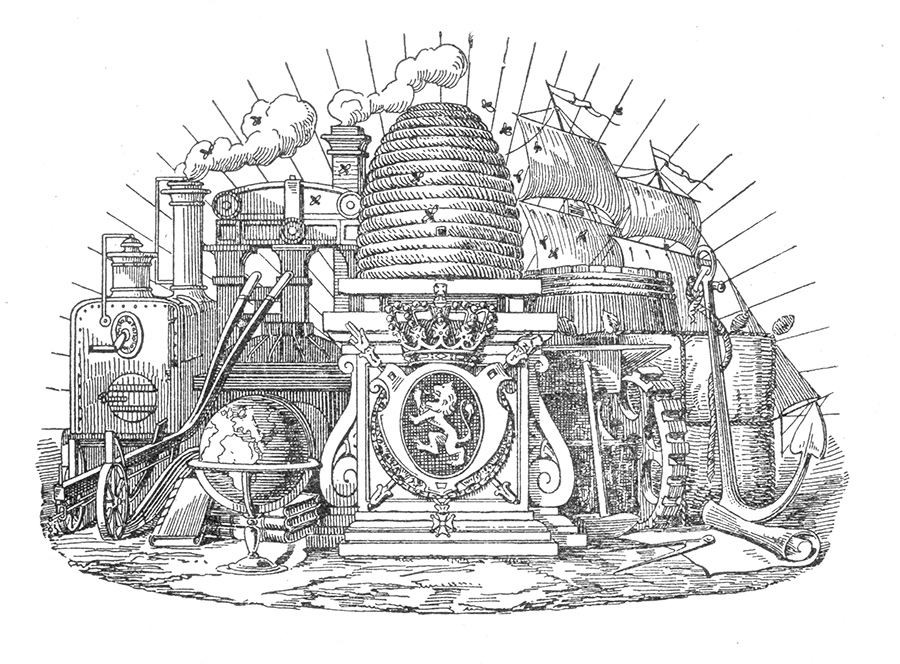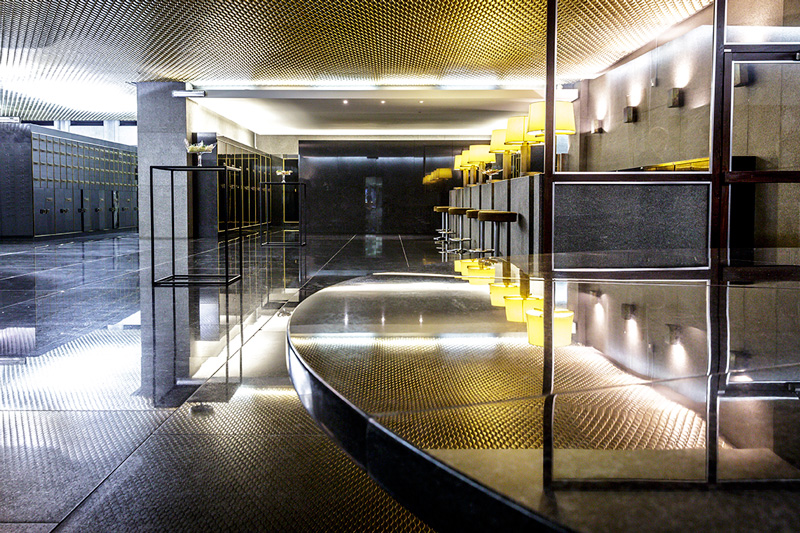BNP Paribas Fortis was born of the merger of banks that left their marks in the Belgian social and economic history: the Société Générale de Belgique, the Générale de Banque, the Caisse Générale d’Epargne et de Retraite and the Société Nationale de Crédit à l’Industrie. We are committed to sharing this rich cultural and historic heritage with as many people as possible.
How is this heritage valorised?
The institutions preceding BNP Paribas Fortis, which were for the most part created in the nineteenth century and including the Société Générale de Belgique, the Générale de Banque, the Caisse Générale d’Epargne et de Retraite, the Société Nationale de Crédit à l’Industrie, share a common, varied path.
Throughout the years, the bank has accumulated archives – written, photographic, audio-visual, objects – as well as a cultural (through its collections of art works) and architectural heritage. Find the various initiatives undertaken to valorise and open these precious elements of our common memory to the widest audience possible.
If you have any questions regarding our artworks collection, you can contact us on artscollection@bnpparibasfortis.com. For requests regarding the consultation or reproduction of excerpts from our archives, make an appointment at the following address: historicalarchives@bnpparibasfortis.com or fill in the online request for consultation below.
From CGER to Fortis: 1935-1998
The history of the CGER is published in a book issued by BNP Paribas Fortis and the KUL (Katholieke Universiteit Leuven)
The CGER was the world's largest savings bank. In 2012, BNP Paribas Fortis and the KUL (Katholieke Universiteit Leuven) published a book retracing its history. As we turn the pages, we go through the upheavals of the thirties, the Second World War, privatization in the nineties, life at the heart of the bank, and the history of savings and insurance in Belgium.

A CGER agency recreated in Bokrijk
The façade of a former 1960's CGER agency was reconstituted in the open-air museum of Bokrijk
The swinging sixties mark the birth of consumer society as we know it. At that time, the CGER becomes a bank for the wide audience and offers a large range of banking products.
The perfect replica of a sixties CGER agency was recreated in Bokrijk’s open-air museum.

Immerse yourself in the atmosphere of the sixties, watch an advertisement of the CGER of the era:
Memory of a bank
The history of our bank is intrinsically linked to that of our country. The stories of yesterday illustrate a selection of events of our economic and social history
In "Memory of a Bank", BNP Paribas Fortis collects the tales and anecdotes relating the events of our social and economic history seen through the prism of the bank and the entities that preceded it.
Some key events
You will find some examples of the themes approached in the External Links section.

Jules Wabbes Retrospective
Within the framework of the exhibition organised by BOZAR around the famous Belgian designer, BNP Paribas Fortis commissioned the restoration of some of Jules Wabbes' furniture
In 2013, BOZAR paid homage to Jules Wabbes (1919-1974), a figurehead of after-war design (Sabena, Louvain-la-Neuve University, Glaverbel...). His last order was none other than the cladding of the headquarters of the former Générale de Banque, for which he also designed furniture. BNP Paribas Fortis contribution: commission the restoration of some of his pieces to show them to the public.

Discover the Rue Royale and the Maison Ducale
The offices of BNP Paribas Fortis are housed in mansions, imposing family homes near the Brussels Park in one of the capital's most prestigious areas. These buildings are preserved for their architectural and heritage interest whilst brochures shed light on their cultural richness.
The Maison Ducale houses artworks that were chosen amongst the best pieces of BNP Paribas Fortis’ artistic heritage. Brochures highlight the cultural richness of the buildings on the rue Royale and the rue Ducale. These brochures are part of a collection on the historic buildings of the BNP Paribas group.
The "Maison Ducale" brochure highlights the contemporary or older creations of artists who live or have lived in Belgium.
Every year, the Heritage Days offer the opportunity to the public to visit our building on 20, rue Royale. Guided visits are also organised for groups of young people in collaboration with the BNP Paribas Fortis Foundation.

Exhibition: The Beijing-Hankow railroad
An exhibition organised in 2013 in Brussels then in Paris and focusing on the financing and construction of the first great Chinese railway
A strategic project
Three ancestors of BNP Paribas organised the financing of this strategic project for the Middle Kingdom: the Société Générale de Belgique (today's BNP Paribas Fortis), the Banque de Paris et des Pays-Bas and the Comptoir national d’escompte de Paris.
An exhibition enriched by a multitude of archives
Filled with photographs, documents and objects of the era from various archive funds (BNP Paribas, BNP Paribas Fortis, Collection Jean Jadot...), the exhibition results from a collaboration between Arts Collection & Historical Archives and the Heritage and Historical Archives department of BNP Paribas.

The Grand-Hornu
Built in the 19th century, the Grand-Hornu collieries complex in the Borinage region is a masterpiece of industrial archaeology. In May 2012, the site entered the list of UNESCO World Heritage along with three other coalmines.
During three years, BNP Paribas Fortis was one of the two private partners of the foundation that ensured the continuity and development of the Grand-Hornu. The bank is proud that it could contribute to its renown by investing in restoring the 450 miners' dwellings.